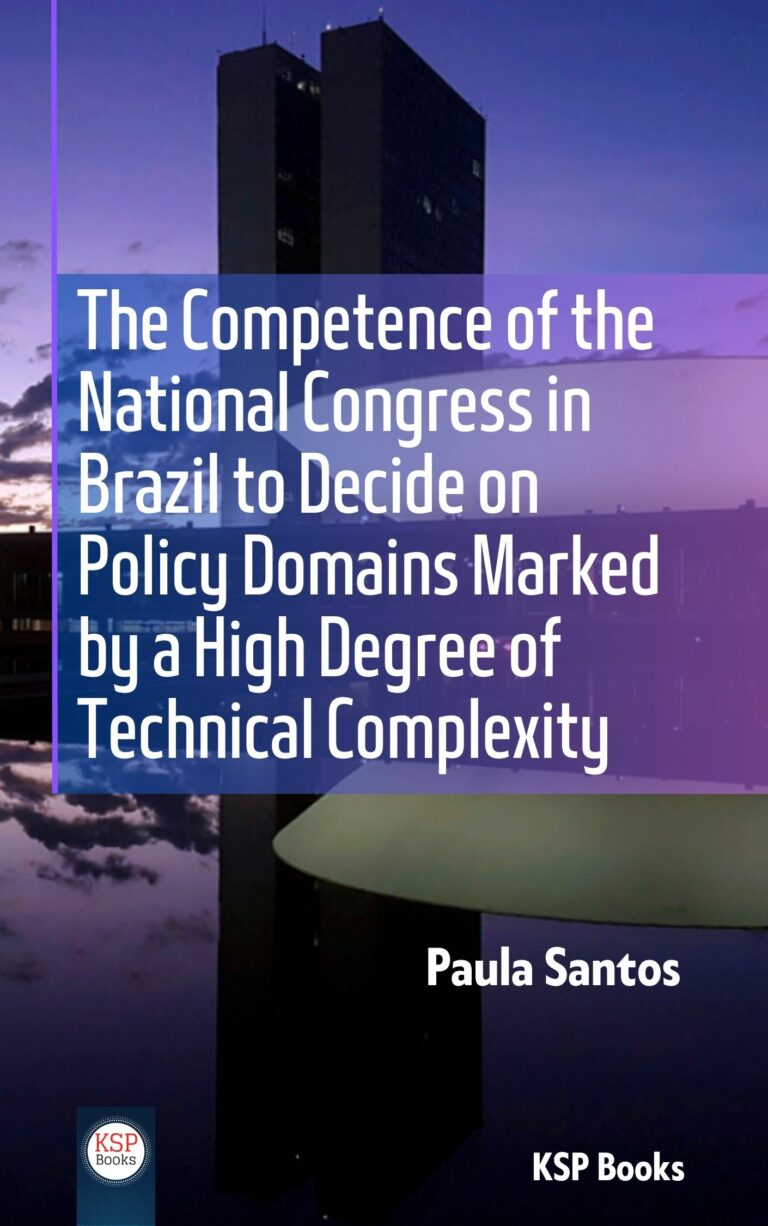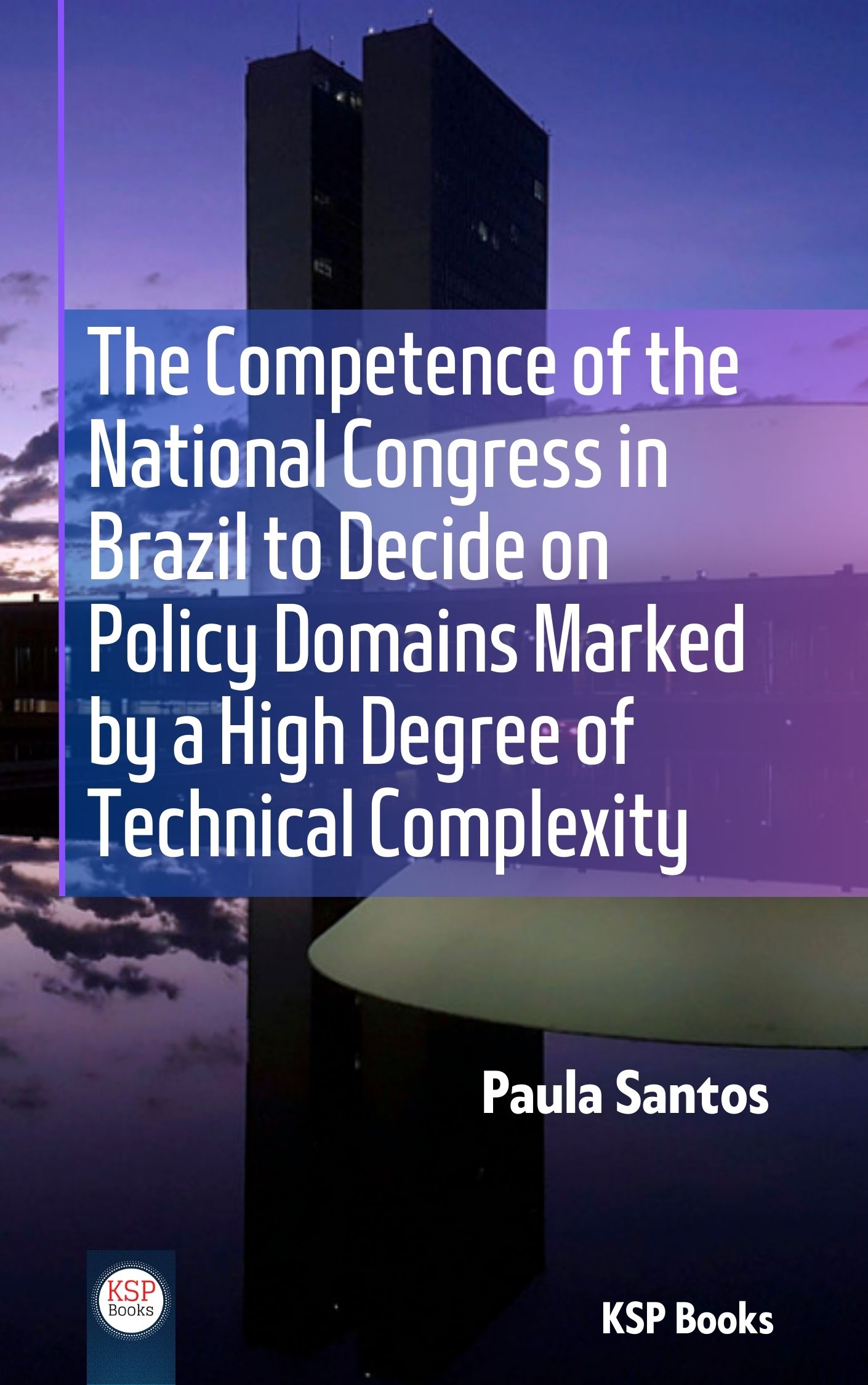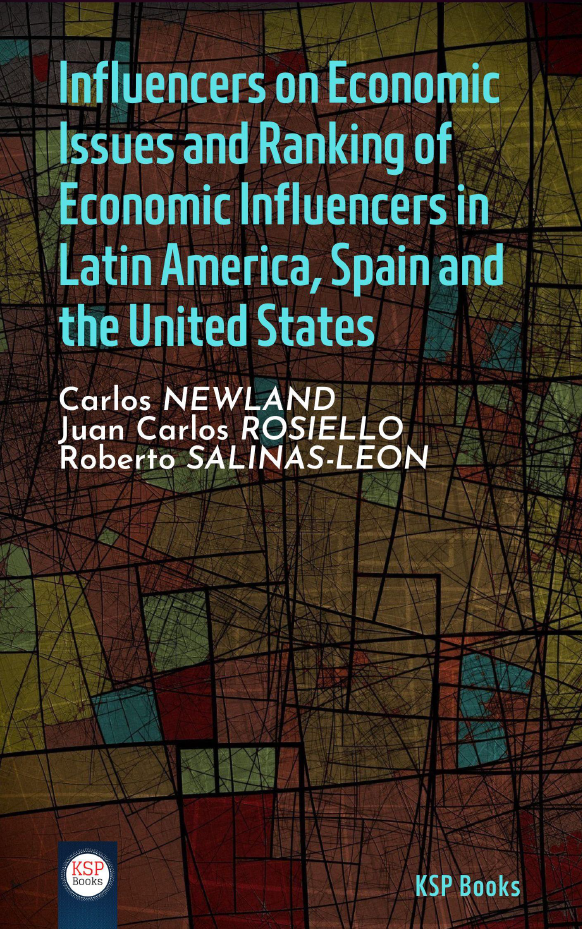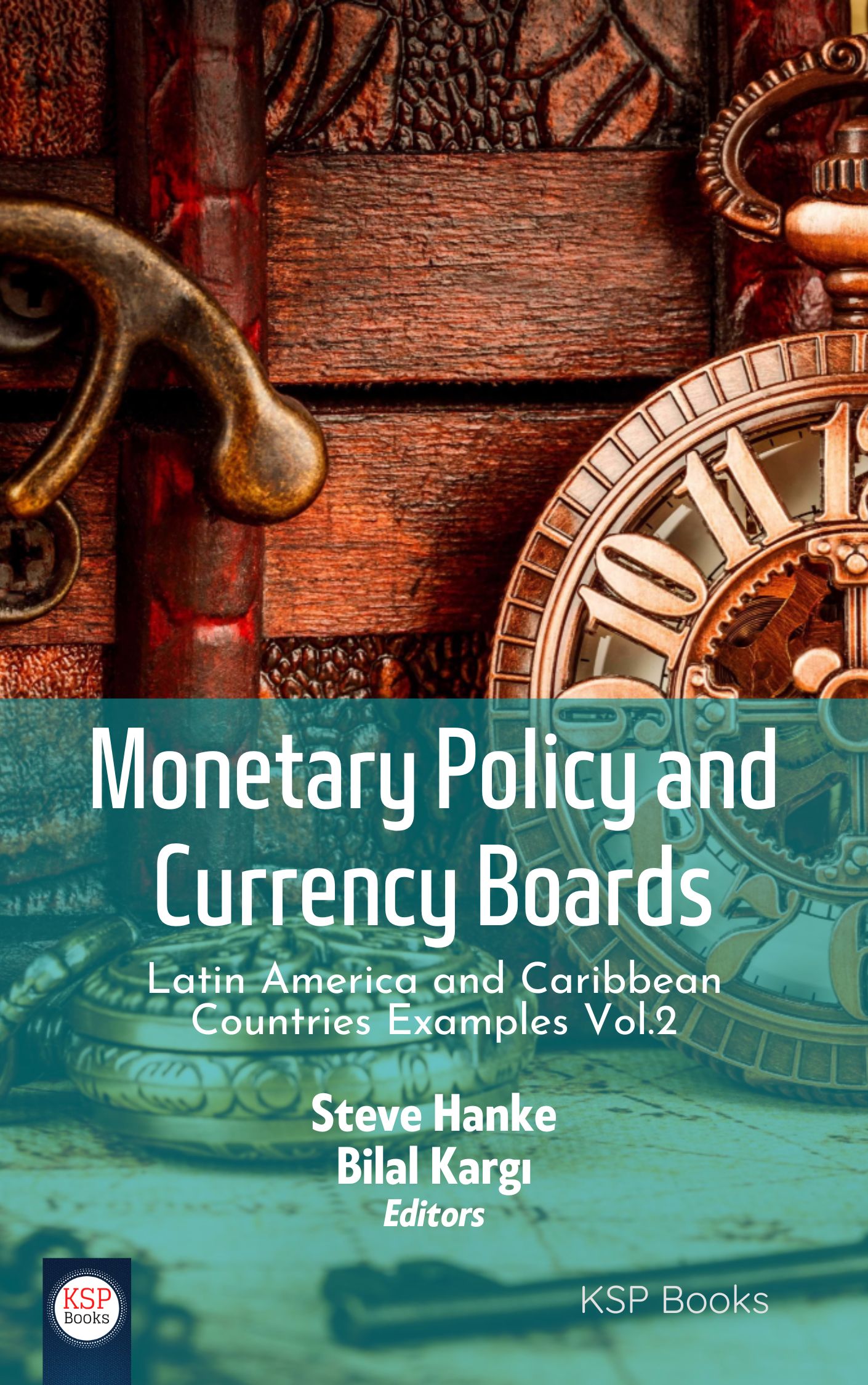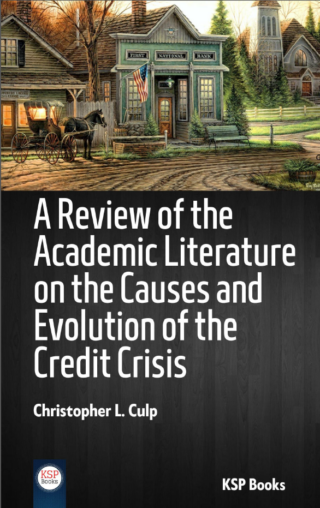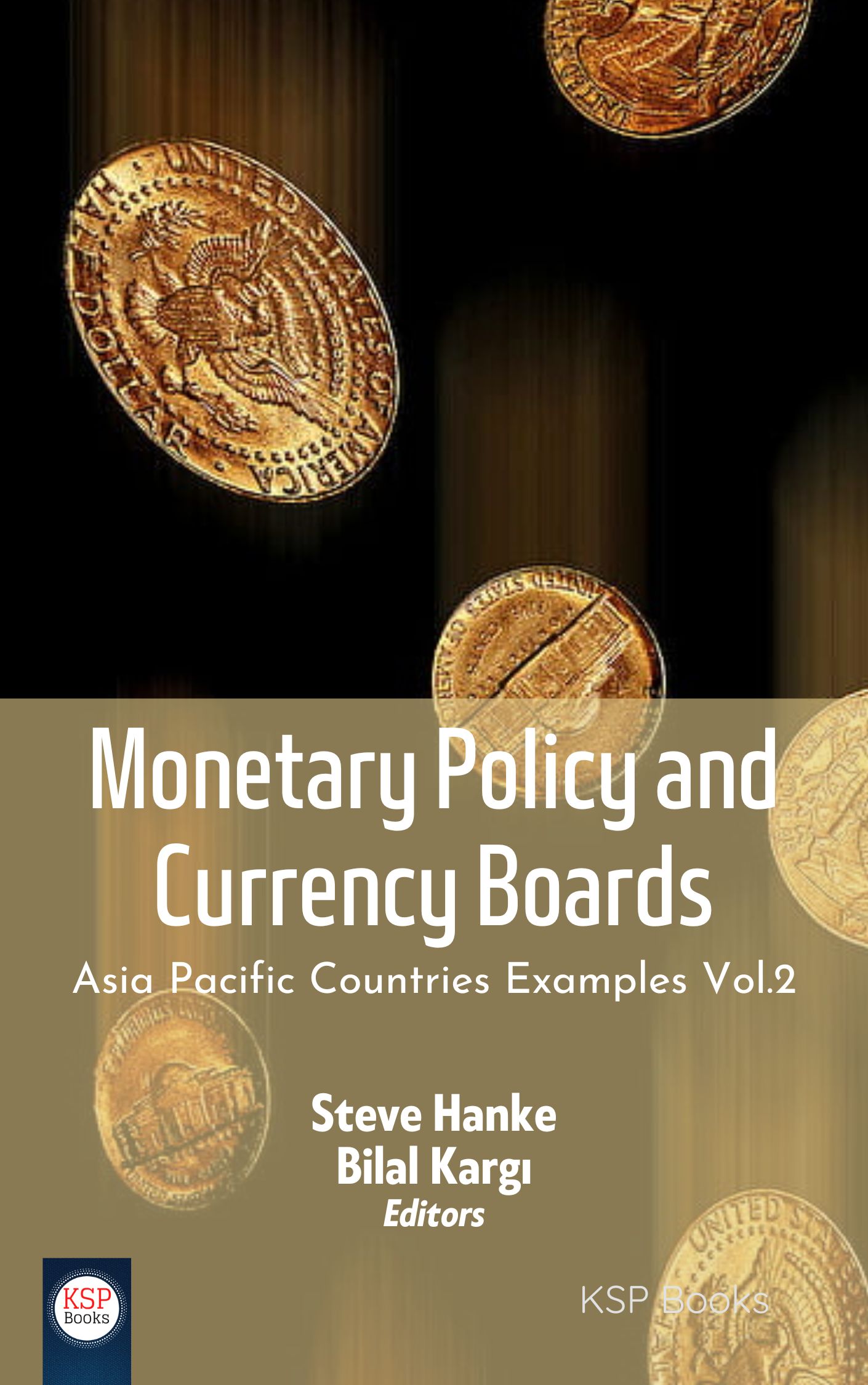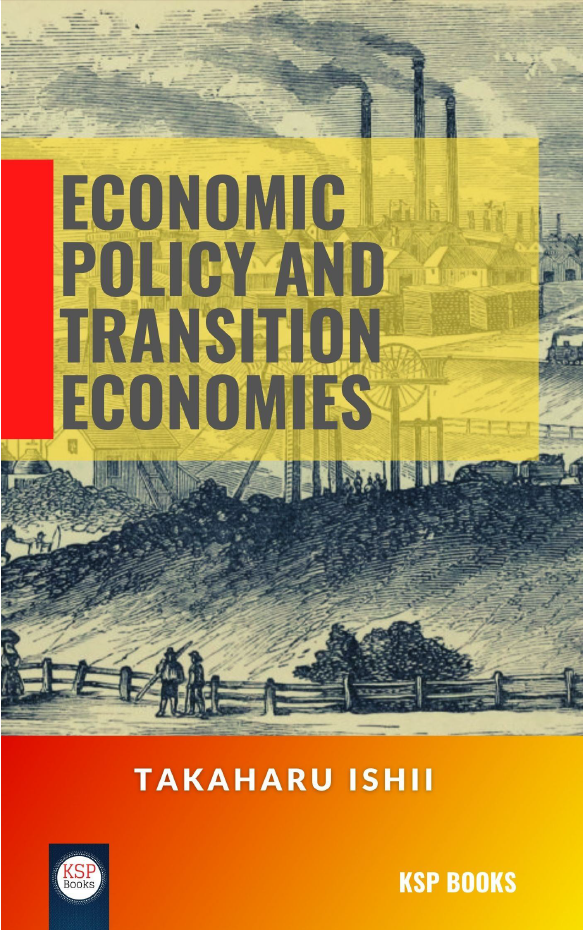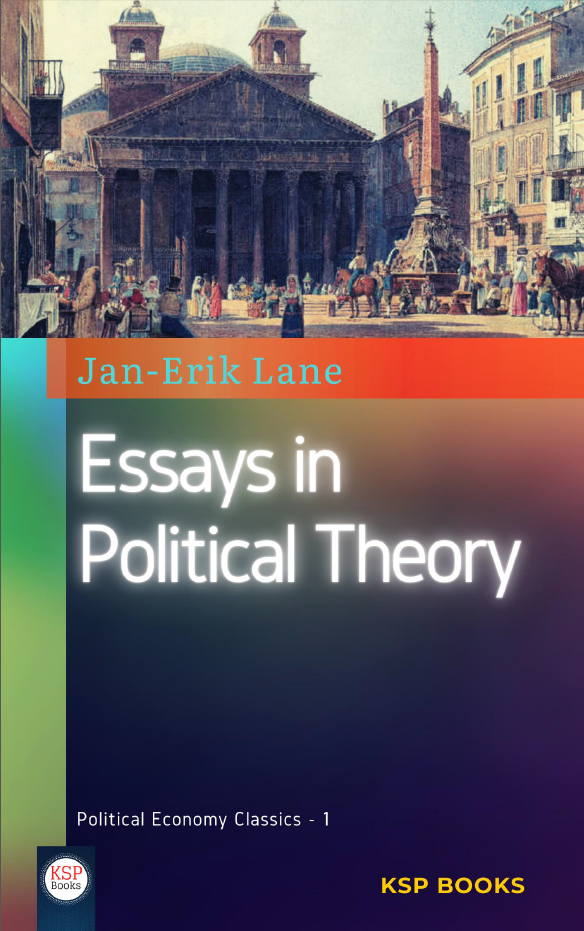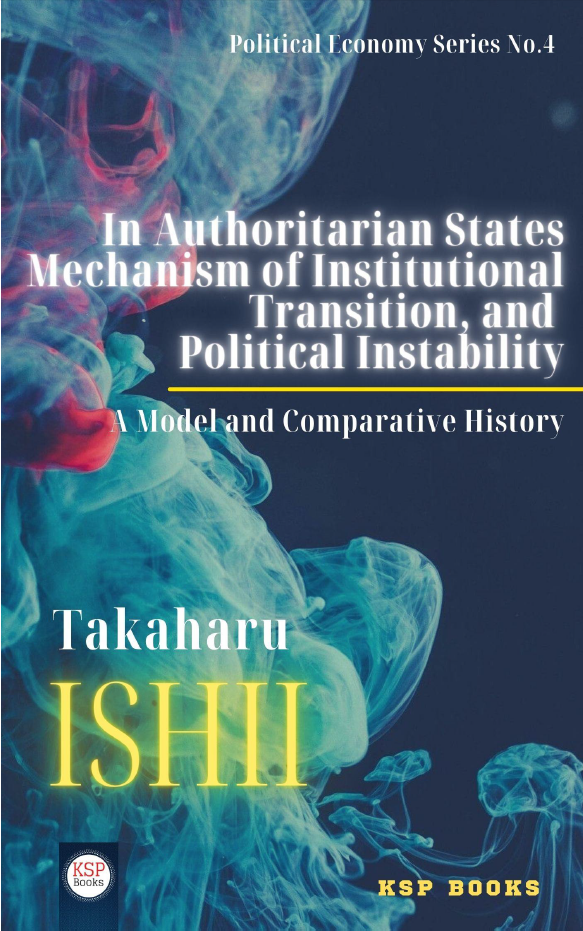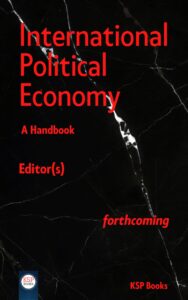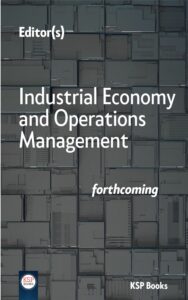By
Paula Santos
Swiss Management Center University.
e-ISBN: 978-625-6861-83-1
Publishing Date: December 28, 2023
File Size: 3,156 MB
Length: xvii + 196 pages (PDF)
Language: English
Dimensions: 13,5 x 21,5 cm
 This Book is completely open access. You can freely read, download and share with everyone.
This Book is completely open access. You can freely read, download and share with everyone. 
This book delves into the intricate relationship between legislative power, and public policy efficiency, exploring their impact on the formulation and implementation of public policies in Brazil. The book adopts a mixed-method approach, combining descriptive statistics and qualitative content analysis, to shed light on this less-explored aspect of legislative functioning, investigating whether the Legislative Power in Brazil uses its competence to vote on matters of a specialized nature or delegates the rule to the Executive Power. The legislative process analyzed in this thesis is one of a Provisional Measure. This process is the most appropriate because it involves both houses of Congress and begins with the Executive branch enacting the rule. Descriptive statistics show correlations between key variables, while qualitative content analysis revealed a preference for the Legislative Power to regulate matters of technical nature rather than delegating them to specialized bodies. The book's findings underscore the importance of public trust in government actions, as both the Executive and Legislative branches need to prioritize transparency, accountability, and responsiveness to maintain public confidence in the regulatory process. Policymakers must carefully assess the context and objectives of each regulatory proposal to make informed decisions about delegation that best serve the public's interests and the government's effective functioning.
Dedication
Acknowledgments
Preface
List of Figures
List of Tables
List of Abbreviation
1. Overview
Transfer Price
The Brazilian legal system's alignment with the framework outlined by the OECD for transfer pricing
The Provisional Measure (PM) published by the Executive branch
Arts. 12 to 14
Arts. 17 to 19
The item I of art. 45 of the Provisional Measure
The Congress’ approval of the Provisional Measure (PM)
Purpose of Research
Significance of the Study
Assumptions and Limitations
Operational Definitions
Summary
2. Literature Review
Representation
Brazil’s Parliamentary Competence
Summary
3. Methodology
Research Design
Research Questions
Population and Sampling Strategy
Research Instrument
Data Collection Procedures
Data Analysis
Summary
4. Analysis and Presentation of Results
Overall Provisional Measures (PM) Statistics
Details of Analysis and Results
Summary of Results
5. Conclusions and Recommendations
Summary of the Results
Discussion of the Results
The Qualitative Content Analysis
Conclusions and Practical Recommendations
Recommendations for Further Research
References
Paula Santos
Swiss Management Center University
Paula Gonçalves Ferreira Santos is a distinguished legal professional who is highly regarded in the field of law due to her impressive academic and professional journey. She obtained her undergraduate degree in law from the Centro Universitário de Brasília in 2008 and then pursued a master's degree in Law from the Universidade Católica de Brasília in 2015. Paula Santos's quest for academic excellence led her to achieve a doctorate from the Swiss Management Center University (SMC-University) to gain a deeper understanding of the political economy. This has established her as a scholar of high regard. Her professional journey began when she took on the role of Auditora da Receita Federal do Brasil (Auditor of the Brazilian Federal Revenue) from 2004 to 2018. During this period, she exhibited exceptional skills and dedication in the complex realm of taxation. Her contributions to the public sector were marked by integrity and a steadfast commitment to upholding the principles of justice and fairness. Currently, Paula Santos serves as a Consultora Legislativa (Legislative Consultant) at the Câmara dos Deputados (Chamber of Deputies) while also working as a professor of direito previdenciário (social security law) in the postgraduate program at the Instituto Brasiliense de Direito Público. This dual role highlights her versatility and dedication to law's practical and academic dimensions. Paula Santos has cultivated expertise in the specialized area of Direito Tributário (Tax Law), which requires astute understanding and constant adaptation to evolving regulations. Her proficiency in this field has contributed significantly to her success, and she has earned a reputation as a trusted expert in taxation matters. Apart from her professional achievements, Paula Santos is also known for her passion for legal education and advocacy. She is committed to shaping the next generation of legal professionals and imparts knowledge while inspiring her students to approach law with diligence, ethics, and a sense of social responsibility.
Related EconPedia Items


